Talk on the challenges of intercultural education
Talk on the challenges of intercultural education
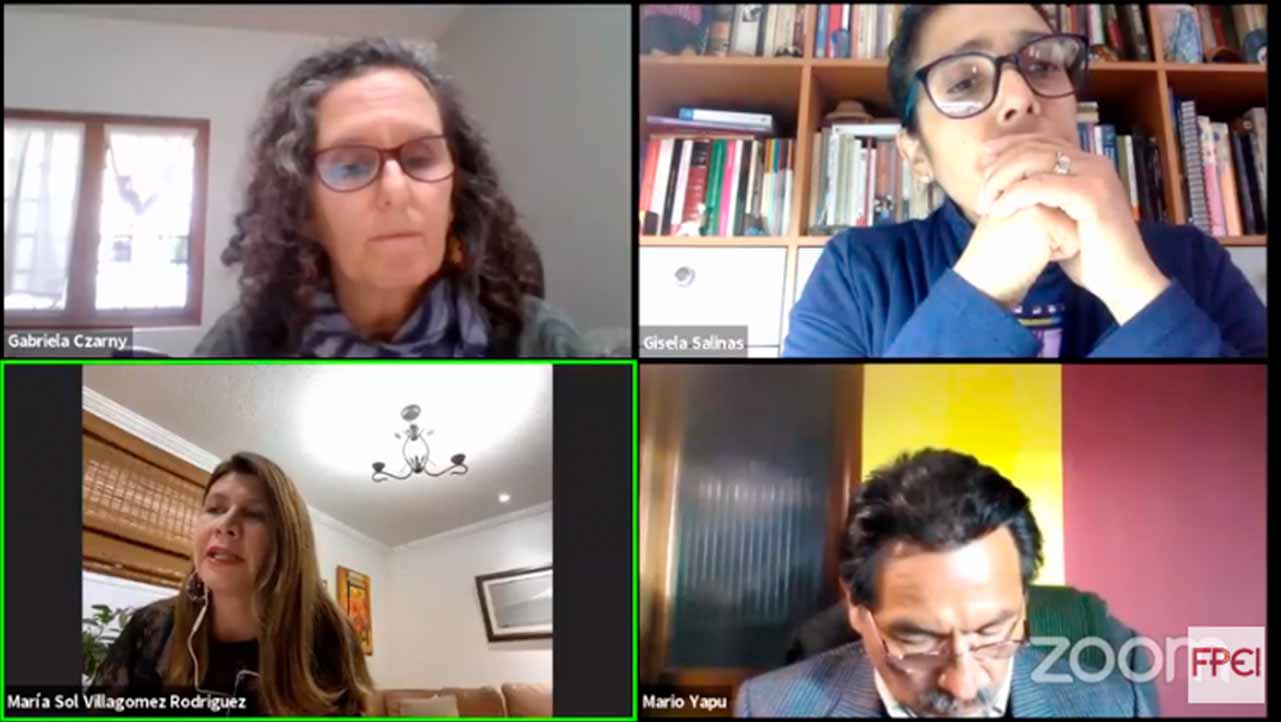
María Sol Villagómez, vice president of the university's campus in Quito, Gabriela Czarny, from Universidad Pedagógica Nacional de México, and Mario Yapu, from Universidad San Francisco Xavier de Chuquisaca in Bolivia, participated in the 17th virtual seminar "University teaching and training of indigenous professionals. Challenges for an academic decolonization ".
The speakers discussed practices, conceptions, dilemmas and tensions that teachers have adopted, assumed, naturalized in relation to the training of professionals for indigenous education or trainers of indigenous teachers for indigenous basic education, and / or trainers of indigenous professionals for undergraduate and graduate careers. This academic event was organized by Universidad Pedagógica Nacional de México.
The topics were: professional trainers of Indigenous Education; Intercultural Bilingual Education (EIB); Sociocultural and linguistic diversity.
Villagomez spoke about her experience in the intrecultural bilingual education undergraduate program and the research titled "Education and indigenous communities" which was conducted by the Education and Interculturality Research Group. She pointed out that some problems have to do with the strictness of state offices during the accreditation process, difficulty in finding intercultural professors, lack of organization of teaching learning processes and public policies of admission.
Some of the challenges of intercultural bilingual education are to create dialogues that help discover things in common and create intercultural relations through the same education. She also stated that the intercultural bilingual education undergraduate program at the university is created based on the needs of specific sectors.
Czarny said that you need to think in context, consider the audiences and the objectives. "It must be recognized that intercultural education has served to make languages, rights, worldviews of people visible, but this has not been built with policies, but rather it has been an ongoing process with communities."
Yapu said that in Bolivia the training of indigenous teachers has been more quantitative because it has been limited to scholarships for university students. "It is fine on the subject of access, but we need to train young researchers, think about other ways of building interculturality, recognize deep stories; we need to face this inequality from a collective integration, a political, theoretical and methodological reflection."

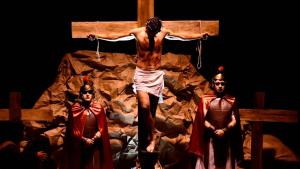
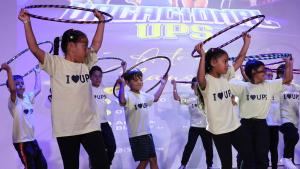
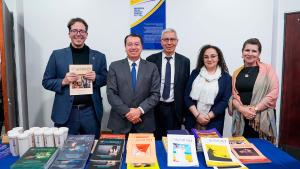
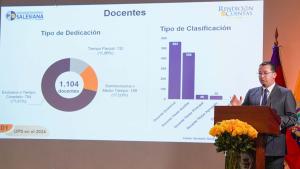
Follow us
Follow us